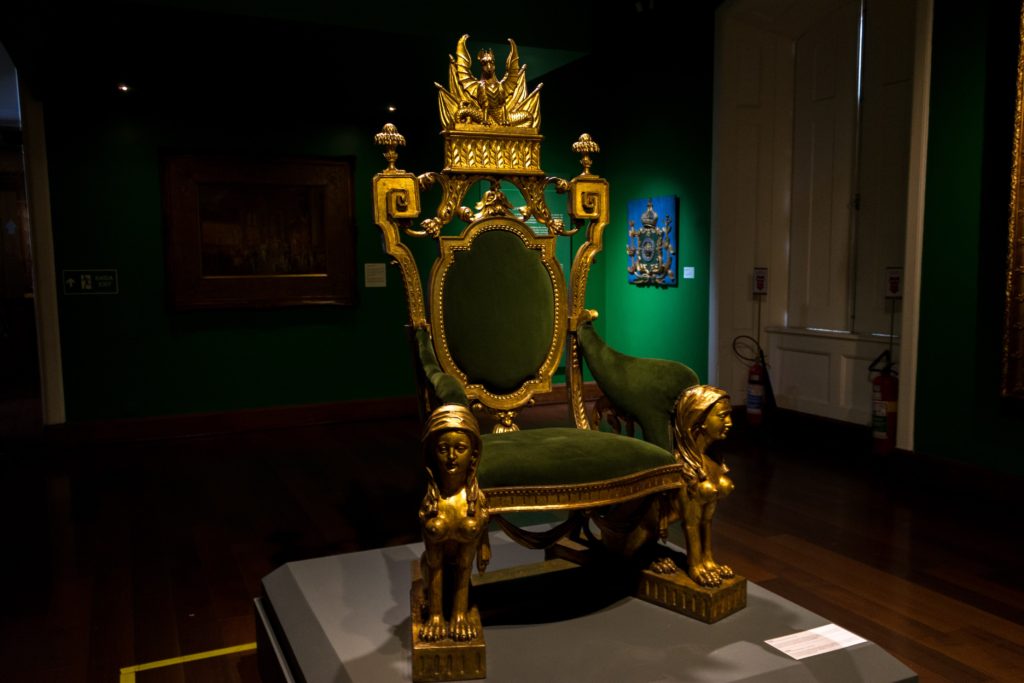
I listened to the story of David through first and second Samuel. I gleaned a bit of wisdom in relation to the complexities of being a leader, king, or ruler over a realm.
This applies to so many areas of our lives.
First Samuel chronicles David’s glory and assent to the throne and kingdom. Second Samuel chronicles David’s failures as the king of Israel.
What struck me is the contrast between the two books. David is very dependent on God for guidance and leadership as he grows into becoming the King of Israel and evading his enemy, King Saul. In Second Samuel, David relaxes, doesn’t seek or depend on God much, and begins neglecting his duties and responsibilities as king.
Some of his failures include: He doesn’t go out to war and falls into adultery with Bathsheeba. To cover up the adultery and conception of a child, he tries to get Bathsheeba’s husband, Uriah, a valiant warrior with more integrity than David, to sleep with his wife. But Uriah has more integrity than David and will not have sex with his wife while the armies of Israel are fighting. David has Joab (the general of Israel’s military) conspire to have Uriah killed in battle.
David doesn’t deal justice or equity against his son Amnon for raping and abandoning his daugher Tamar. David doesn’t judge or execute justice against his son Absolom for killing Amnon for raping Tamar, the sister of Absolom. He allows his friends to do favors for him. Joab entices David to bring Absolom back to Jerusalem, but never speaks to him. David eventually forgives Absolom and seals this verdict by kissing Absolom. David stops judging disputes in his kingdom and this gives an opportunity for Absolom to overthrow his father. There’s more, but these suffice.
The main struggles for leaders that I gleaned from David’s life are two (there’s more, but they primarily center around these two).
- Allowing friends and family to bribe, give favors, or get away with injustice.
- Neglecting roles and responsibilities to create justice and equity in a kingdom.
All of these flow from the cost associated with being a ruler. If you are to administer justice and equity, it means that you will lose some of your friends. It means that some of your family must be removed from political positions. This is a loss of love.
Those closest to you will also betray you and stab you in the back. They will tell you what you want to hear. They will bribe your favor with delight and goodness that your soul craves. While this is good and honoring, it cannot distort the two relationship roles a leader has with someone: friend (or family) and political position. You cannot separate the two. They go together. But, for you to lead and rule justly and keep your kingdom from ruin, you’ll have to do the difficult task of confronting wickedness, bribery, and flattery from your friend and family in political positions.
What matters to God in the end is a person’s faith in Jesus Christ. God keeps his promise to David for offspring to rule Israel for all eternity. David demonstrates his faith in God even during all his failures by confession, repentance, and reconciliation with God. God calls David a man after his own heart. David still turns to God for salvation, comfort, repentance, and refuge when he fails. This is also something to model in your leadership. Don’t seek to be perfect. Seek to have faith, continually repent, engage your brokenness, and seek God’s leadership and will. God is the rightful ruler and king of all realms and establishments.